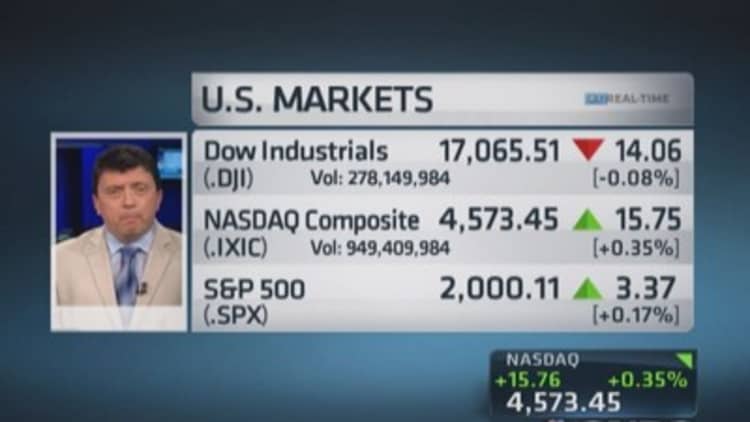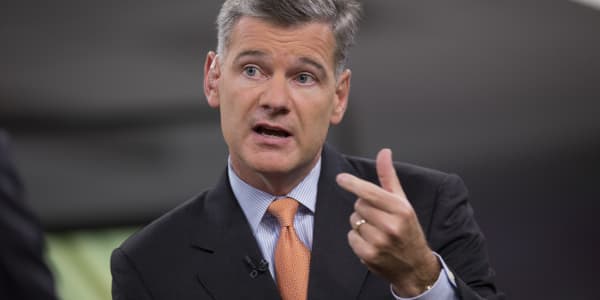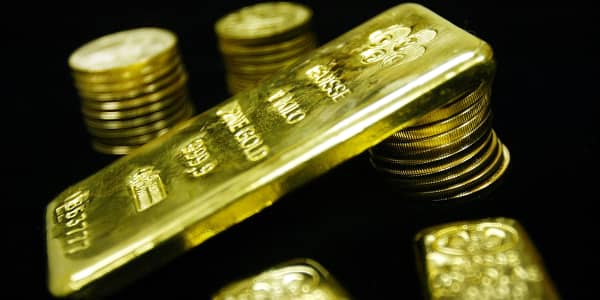Eugene Fama, the University of Chicago investing researcher who won the Nobel Prize in economics last year, once again warned investors against the lure of active management.
"The question is when is active management good? The answer is never," Fama said to laughs Thursday at the Morningstar ETF Conference in Chicago.
"If active managers win, it has to be at the expense of other active managers. And when you add them all up, the returns of active managers have to be literally zero, before costs. Then after costs, it's a big negative sign," Fama added.
He's known as the father of the efficient-markets theory, which says that asset prices reflect all available information; investment managers can never truly get an edge.
Fama dismissed the idea that it was possible to pick the best managers.
"The good ones might be good or they might be lucky. The bad ones might be bad or they might be unlucky. We can't really tell the difference," he said. "I don't know if it would ever make sense, even if the fees were zero, I don't think you'd be better off because you'd be investing in an undiversified way."
Read MoreEconomy weak because of 'stupid' policies: JPMorgan pro

Asked about Warren Buffett's long-term record of picking good companies, Fama said the Berkshire Hathaway chief actually agreed with his index-based thesis. Buffett said recently he actually has directed much of his fortune to be placed in passive index funds after he dies.
"He's, like, my hero," Fama said. "What he says is, 'I can pick a company every couple years, but if you have to form a portfolio, you're better off going passive.'"
"All the behavioral people say the same thing," Fama added. "In the end, they realize that the game of doing something active is fraught with problems."
Fama was also asked about hedging against big crashes, like what happened to the markets in 2008. Attempting to protect against them, he said, was the unwinnable game of market-timing.
"If you sold when the market crashed, you made a big mistake, and if you saw it coming you're a genius," Fama said.





